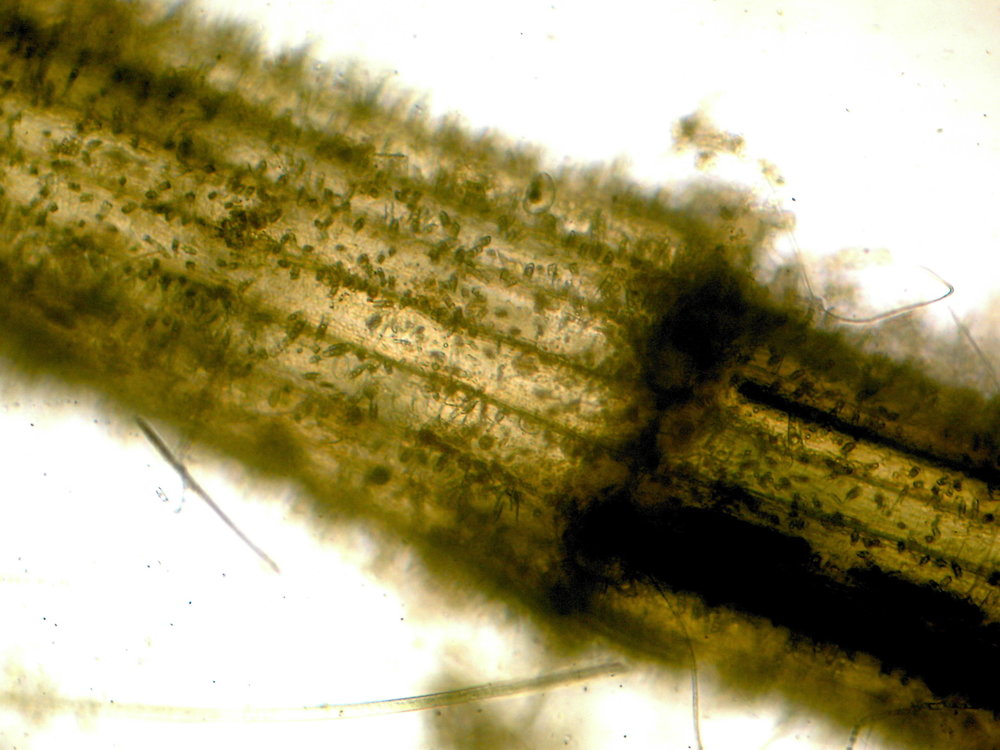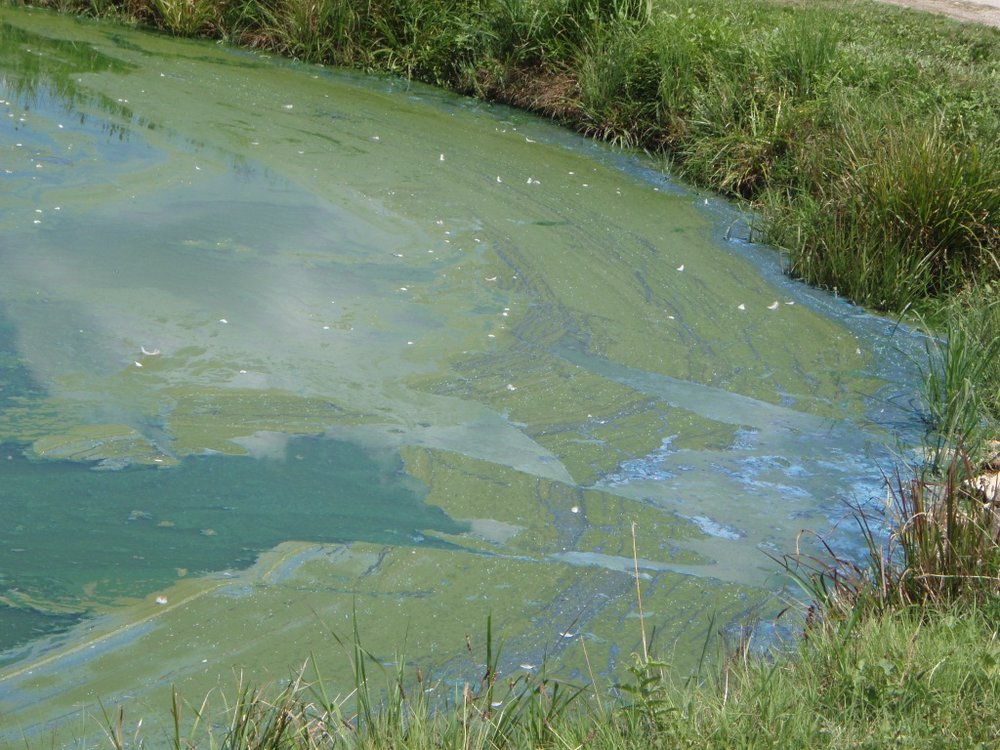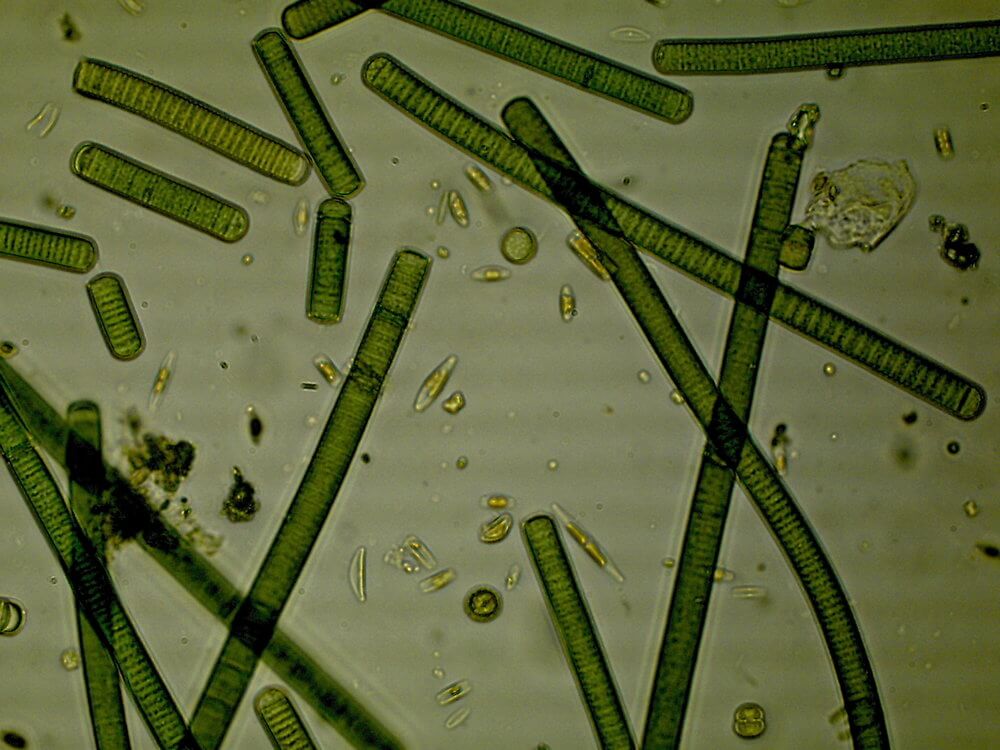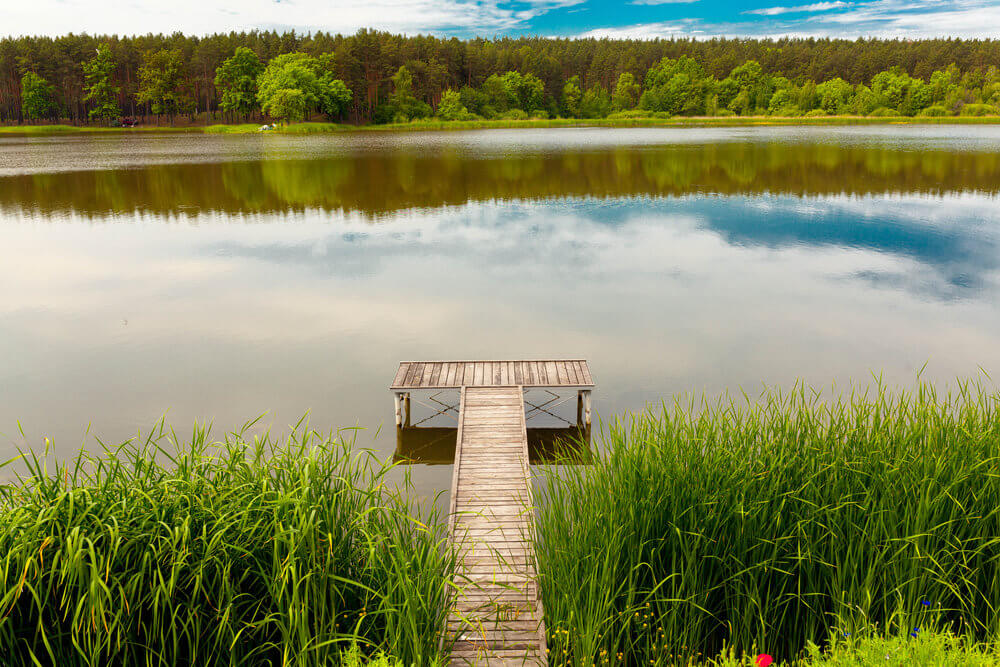Algae Corner: Controlling Algae and Improving Water Quality with SeClear
SeClear is the only EPA-approved algaecide and water quality enhancer. Think of this as a two-in-one product. In today’s episode, we’ll talk about how SeClear can not only kill and control the nuisance algae, but actually improve and restore water quality with each application.
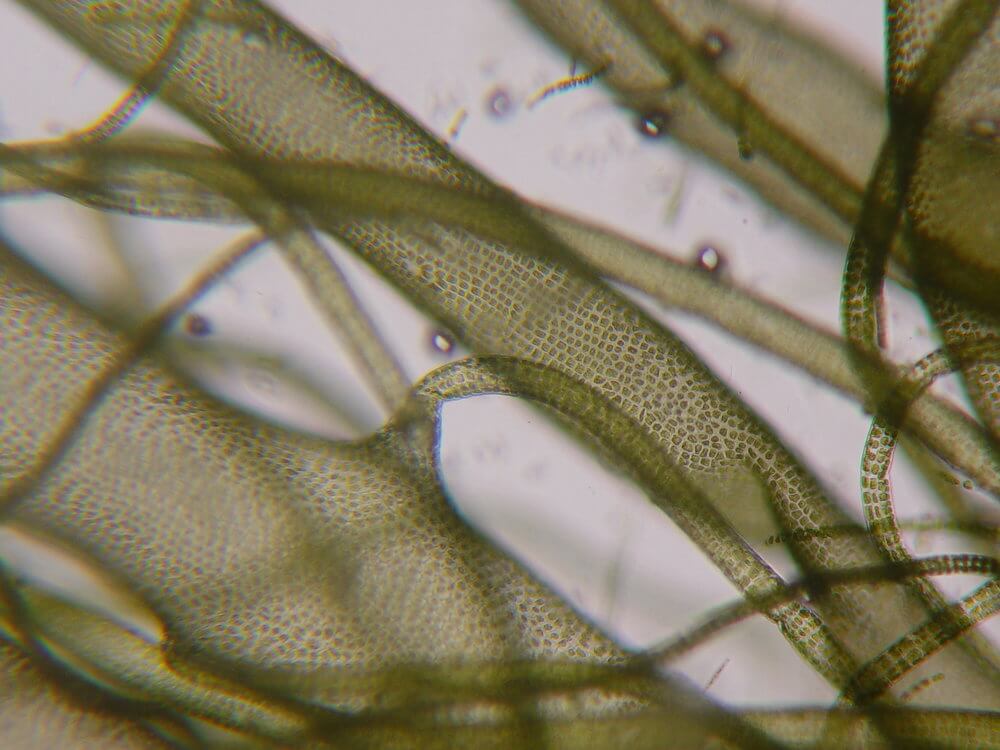
Algae Corner: How to Identify Different Algae Types
Want to get Updates? Get the latest news by subscribing to our channel:
A Two-In-One Product
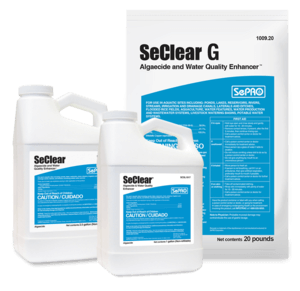
As an overview, SeClear is the only EPA-approved algaecide and water quality enhancer. Think of this as a two-in-one product. Not only does it kill and control the nuisance algae, but it can actually improve and restore water quality with each application. It can take out a little bit of phosphorus, for example, every time you use it. When used in a program approach, it changes the game by reducing nutrient availability.
Multiple Uses on a Variety of Sites
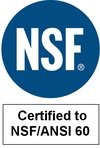
In the lab, we can see how SeClear not only quickly binds to algae and controls it, but also rapidly removes it from the water column. This is very important when it comes to toxins, taste and odor compounds, and other nasty things housed inside the algae. You want to control the algae, but you also want to get them out of the water column quickly. This is very important for rapid control, but also in situations like drinking water treatment to remove those nasty compounds from the water resource.
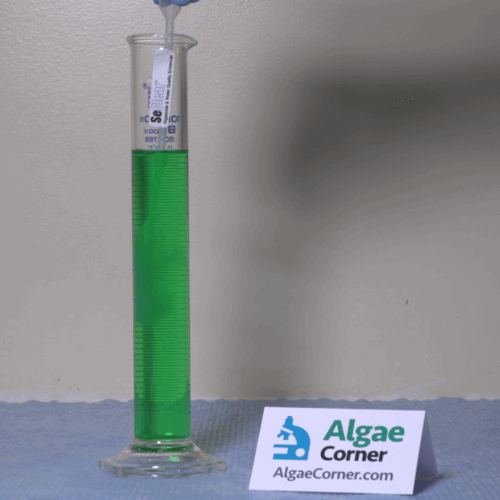
A lab demonstration before treatment with SeClear
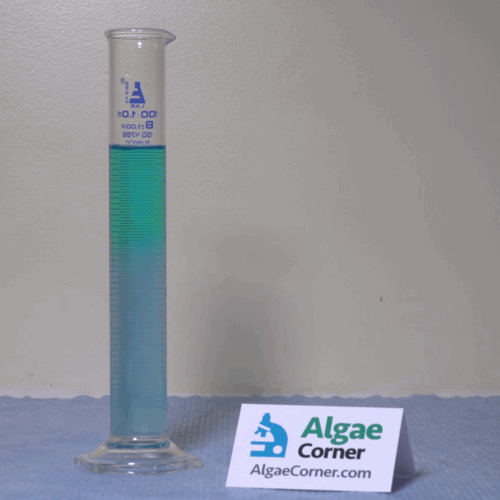
A lab demonstration after treatment with SeClear
Seeing is Believing
Field results with SeClear are pretty powerful. They can happen quite rapidly as well. In this instance, we’re looking at a cyanobacterium in a drinking water reservoir. There was rapid improvement in water quality and clarity following the SeClear application.
With more applications in a routine program approach with SeClear, you're getting more phosphorus out of the water column through time. Overall, this changes your system for the better, and it actually causes you to need less copper over time.
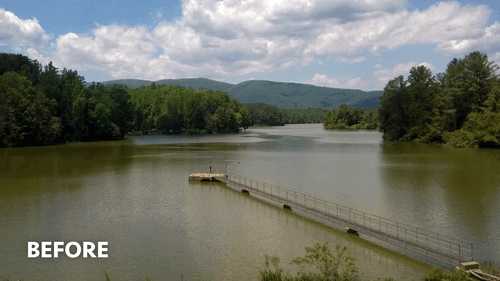
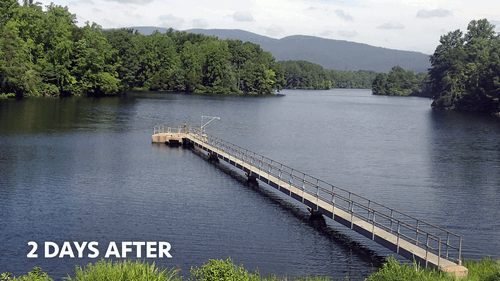
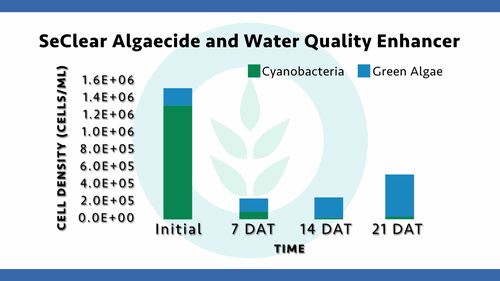
Through detailed studies of SeClear, we can see how powerful it is as an algaecide. Not only will it control nuisance and toxin-producing types of algae, but it will also allow for regrowth of beneficial types. Better types of algae, like green algae, can come back, which can move up the food chain while staying at lower densities.
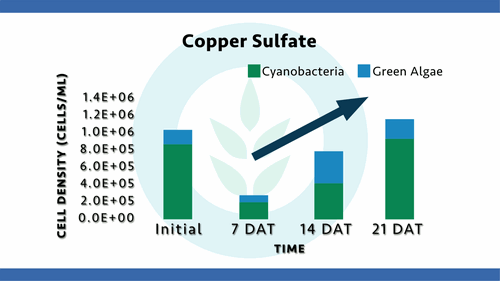
Copper sulfate, on the other hand, can have a little impact on some of those nuisance algae. However, it rapidly regrows. You often fall in the cycle of needing more copper with copper sulfate, as opposed to SeClear. Because copper sulfate isn’t doing anything to address the nutrients, it's not taking out any of the phosphorus.
Effective on a Broad Range of Algae
SeClear can control almost all types of algae. It’s very good on planktonic forms, especially cyanobacteria, the blue-green algae we talked about. They can be the toxin and taste and odor producers in drinking water. SeClear works great on those nasty scum-forming types that you don't want in your system, both proactively and reactively. It also works well in some of those thick, green algal mats that impede your ability to fish and swim in the water, and it can work very well on benthic macroalgae.
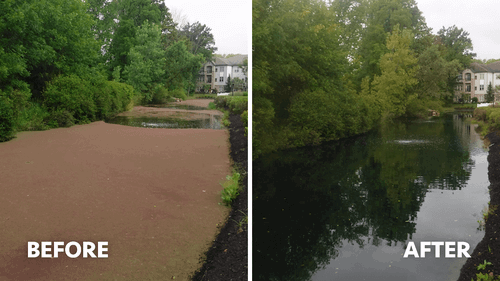
Flexibility in Formulations
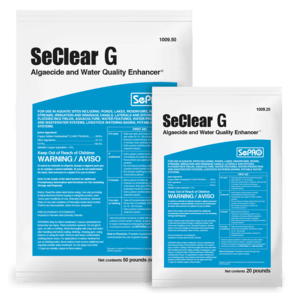
There is a granular version of SeClear, SeClear G, that can target benthic mats of both filamentous and macroalgae much better.
Summary
Today we talked about how SeClear is the only EPA-approved algaecide and water quality enhancer. It can not only kill and control the nuisance algae, but actually improve and restore water quality with each application. Additionally, it allows for regrowth of beneficial algae types.
Water treated with SeClear can be used for almost anything - drinking, swimming, fishing, watering livestock, and irrigation. This allows for the water to be used in incredibly broad situations. Thank you for tuning into this episode!

